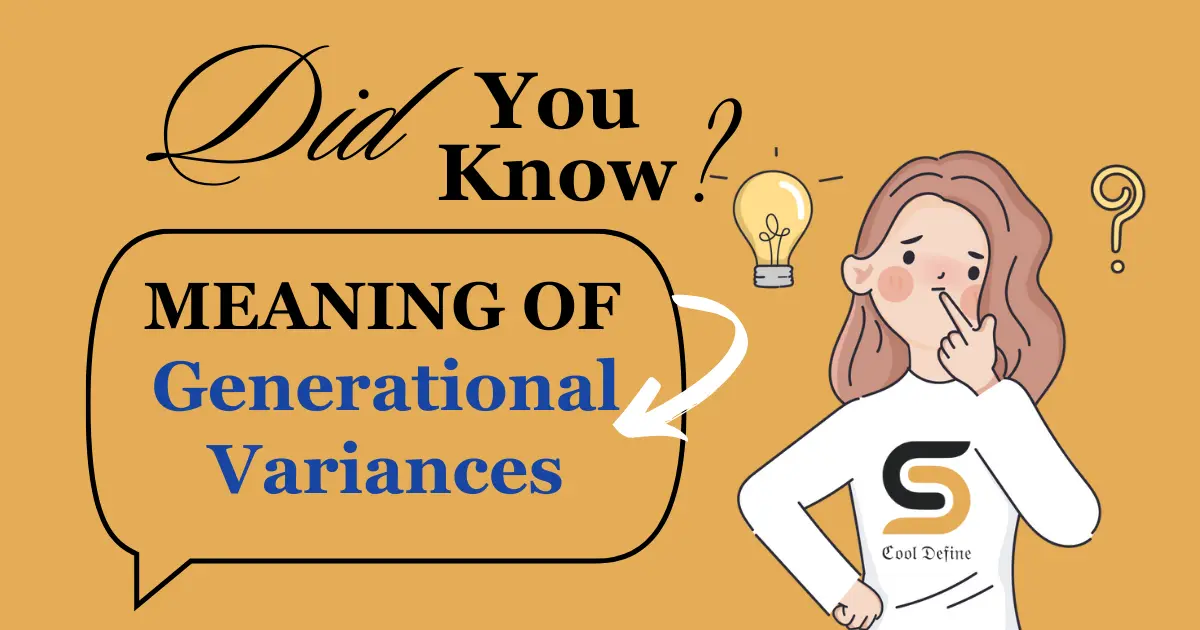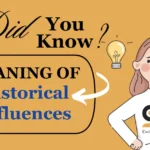Language is a dynamic and ever-evolving aspect of human communication, and slang plays a significant role in expressing cultural nuances, identity, and social belonging. One fascinating area of study within linguistics is understanding the gender and generational variances in slang word usage. This exploration delves into the unique preferences, trends, and societal implications associated with slang across different genders and generations.

Getting Started with Slang
Slang refers to informal and often colloquial language that emerges within specific social groups or communities. It can include words, phrases, and expressions that may not be part of standard language but hold significant meaning and relevance within particular contexts. Studying slang provides valuable insights into how language evolves and adapts to reflect societal changes, attitudes, and identities.
Gender Variances in Slang Usage
One aspect of slang study focuses on understanding how gender influences language preferences and usage. Research has shown that males and females may exhibit different tendencies in adopting and using slang terms. Factors such as socialization, cultural norms, and identity construction contribute to these gender-specific variations in slang usage.
For example, Certain slang terms or expressions are often linked with masculinity or femininity, mirroring societal views on gender roles. Analyzing slang across genders offers insights into how language shapes identity. It helps understand how people express themselves in different gender contexts.
Generational Variances in Slang Usage
Another critical dimension of slang exploration is examining how slang evolves across different generations. Each generation often develops its unique lexicon of slang words and expressions, influenced by historical events, technological advancements, and cultural shifts. Understanding generational slang variances helps capture the nuances of language evolution over time.
Older generations may use slang unfamiliar to younger ones, showing language trends’ cyclical nature. Social media’s growth has sped up slang adoption among the youth, leading to quick linguistic shifts.
Case Studies and Examples
To illustrate the complexities of gender and generational slang variances, it is beneficial to analyze real-world case studies and examples. By examining specific slang trends among different genders and age groups, researchers can uncover patterns, preferences, and the contextual usage of slang terms.
Studies can delve into why specific slang words become popular with teenage girls versus boys or how slang differs between baby boomers and millennials. Case studies offer empirical data supporting theories on gender and generational slang dynamics.
Societal Implications and Perceptions
The study of gender and generational slang variances also extends to understanding broader societal implications and perceptions of slang usage. Slang can reflect cultural norms, attitudes, and power dynamics within society. Analyzing how certain slang terms are perceived or interpreted by different genders and generations sheds light on social identity, inclusivity, and linguistic diversity.
For example, slang associated with specific subcultures or marginalized communities may carry connotations of resistance, solidarity, or empowerment. Conversely, slang usage that reinforces stereotypes or derogatory language can perpetuate harmful narratives and reinforce societal inequalities. Examining societal perceptions of slang usage provides valuable insights into language attitudes and social dynamics.
Future Trends in Slang Usage
Language evolves due to technological advancements, globalization, and social shifts, making it crucial to anticipate future slang trends. Social media, online communities, and digital tools will greatly influence the development and adoption of new slang.
Continuously researching and analyzing linguistic patterns, communication behaviors, and cultural shifts is essential for predicting slang evolution across genders and generations. Researchers and linguists are pivotal in documenting, studying, and interpreting these changes to understand contemporary language dynamics thoroughly.
Conclusion
In conclusion, Understanding gender and generational differences in slang usage provides valuable insights into language diversity, social identity, and cultural dynamics. Researchers can contribute to a deeper understanding of how language reflects and shapes our ever-changing world by exploring slang adoption, preferences, and societal perceptions.



